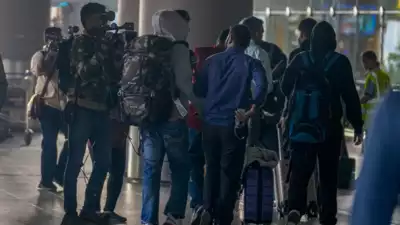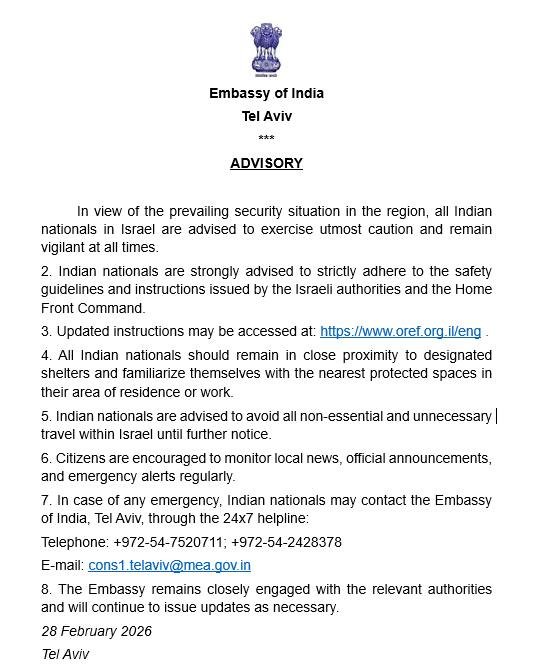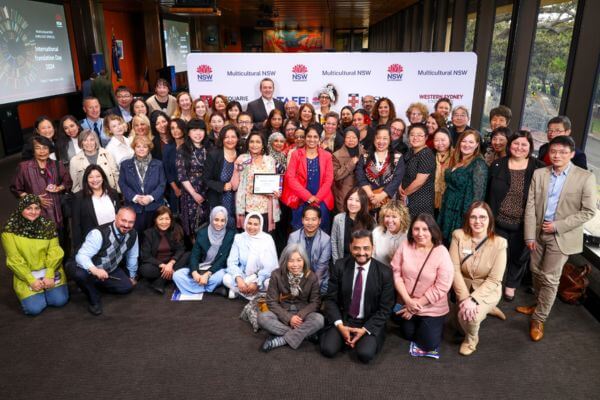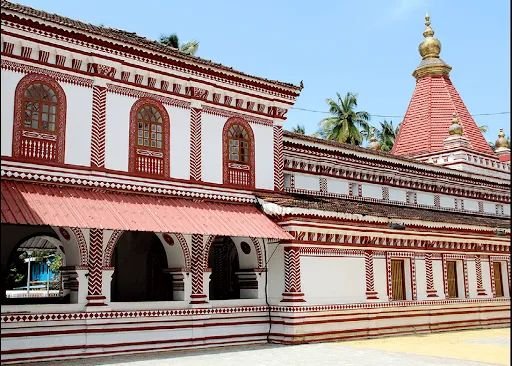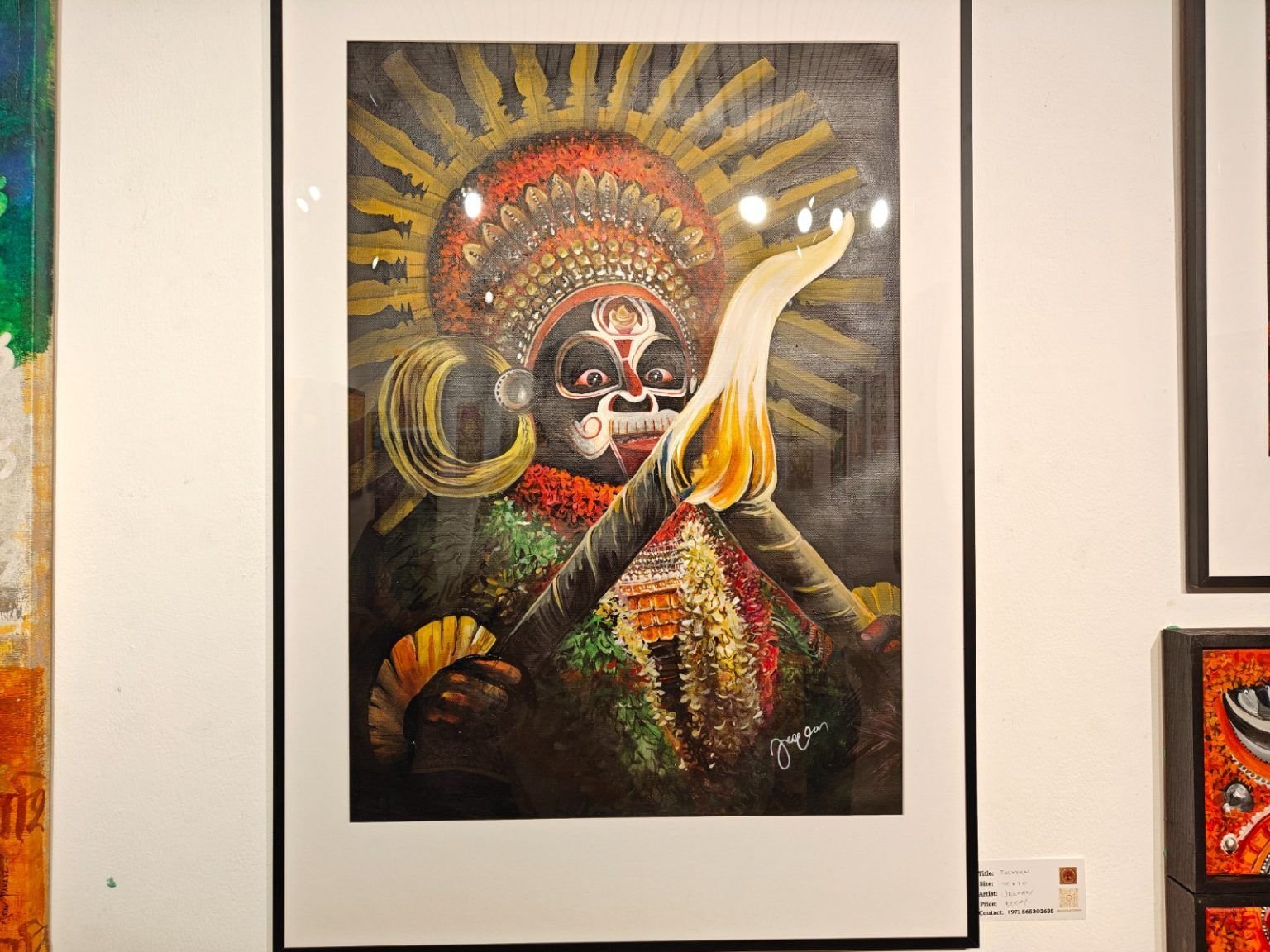To stop the influx of illegal immigration from India and other countries, stronger border security measures and reforms to the asylum system are essential
Illegal immigration from India to the United States has surged significantly in recent years. Between fiscal year 2021 and August 2024, U.S. Customs and Border Protection (CBP) encountered over 274,000 Indian nationals crossing the border illegally. A key factor behind this increase is the rise of “Donkey Flights,” a new route favored by Indian migrants. These routes allow migrants to travel through countries with weak visa requirements, eventually reaching the U.S. border.
The term “Donkey Flights” originates from the 2023 Bollywood film Dunki, a comedy centered around Indian illegal immigrants. In this context, it refers to Indian nationals “hopping” from country to country, taking advantage of lax visa policies. Typically, these journeys begin in Ecuador, with migrants then traveling through the Darien Gap and Central America to reach the U.S. Other routes include shuttle flights from Nicaragua. This method exploits India’s so-called “weak passport,” as Indian nationals often have limited options for direct travel to Western countries.
The desire to migrate from developing countries like India to advanced Western nations is understandable, but the U.S. cannot address this challenge by maintaining open borders
These illegal journeys are facilitated by fake travel agencies, commonly referred to as “donkers.” These agencies often promise to secure legitimate visas in exchange for large fees. However, in many cases, no visa application is ever submitted. Instead, the donkers eventually offer illegal smuggling services, guiding migrants through the Donkey Flight route to the U.S. Some agencies bypass the visa pretense entirely, openly promoting illegal travel as a service. The Indian government has identified many of these agencies, which primarily smuggle migrants to the U.K., Canada, and the U.S. Once migrants arrive, they frequently file fraudulent asylum claims.
Some Indian nationals candidly admit that these asylum claims are fraudulent, made solely to gain entry to the U.S. for economic reasons. One migrant who crossed the U.S.-Canada border illegally told NPR, “I get more opportunities in the U.S. compared to Canada.” Economic opportunity, however, is not a legitimate ground for asylum. Another migrant explained that his goal was to improve his family’s financial situation, saying, “I dreamed about going to a foreign land and improving my family’s finances.” Others have rehearsed fake stories of religious persecution to deceive U.S. immigration authorities.
The rise of Donkey Flights has prompted countries worldwide to amend their immigration policies. In January 2023, Serbia ended its visa-free travel program for Indian nationals, which had been exploited as a stepping stone to the U.K. and Ireland. Tensions between Canada and India have also flared, with false asylum claims, particularly related to Sikh separatism, straining diplomatic relations. Canada briefly suspended visa issuance to Indian nationals in response. Despite these efforts, the current Canadian administration shows little inclination to curb mass immigration or stop illegal crossings into the U.S.
While economic hardship is a powerful push factor, the pull factor of lax U.S. immigration policies under the Biden-Harris administration invites exploitation.
***********************************************************
Readers
These are extraordinary times. All of us have to rely on high-impact, trustworthy journalism. And this is especially true of the Indian Diaspora. Members of the Indian community overseas cannot be fed with inaccurate news.
Pravasi Samwad is a venture that has no shareholders. It is the result of an impassioned initiative of a handful of Indian journalists spread around the world. We have taken a small step forward with the pledge to provide news with accuracy, free from political and commercial influence. Our aim is to keep you, our readers, informed about developments at ‘home’ and across the world that affect you.
Please help us to keep our journalism independent and free.
In these difficult times, running a news website requires finances. While every contribution, big or small, will make a difference, we request our readers to put us in touch with advertisers worldwide. It will be a great help.
For more information: pravasisamwad00@gmail.com

